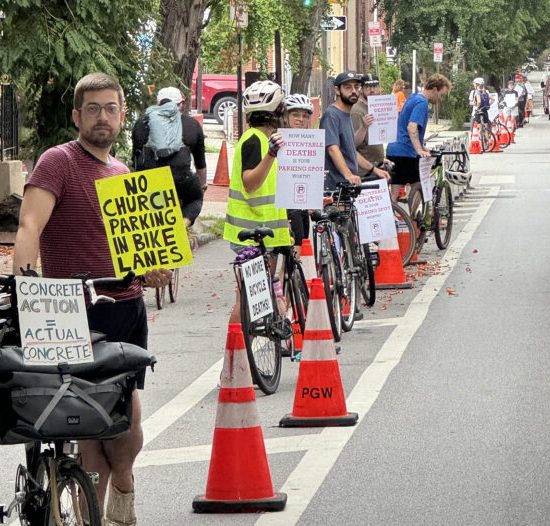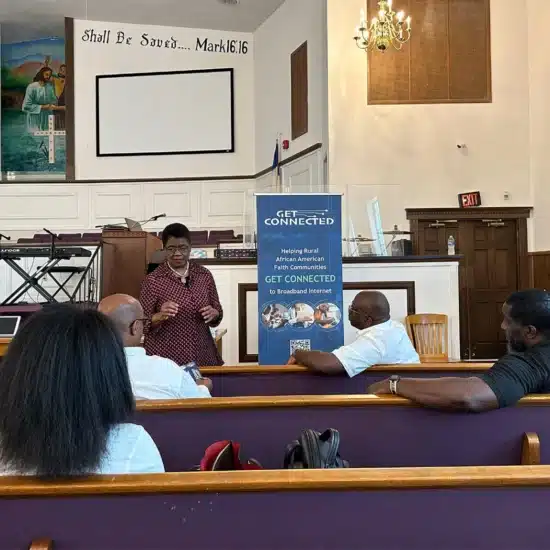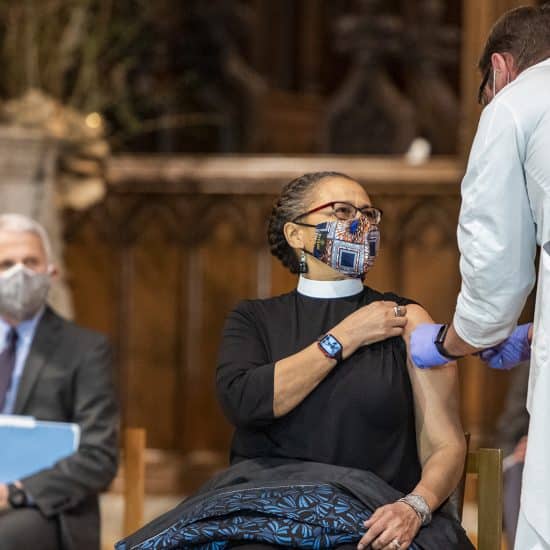ATLANTA (ABP) — A Cooperative Baptist Fellowship's leader is appealing to churches to step up contributions to an annual Offering for Global Missions running 30 percent behind projected receipts.
At the end of April, receipts to the offering totaled just more than $3.2 million toward an annual goal of $6.1 million, Rob Nash, global-missions coordinator for the Atlanta-based CBF, said in a recent letter to church leaders.
"We need your help," Nash pleaded. He urged churches that have collected the offering but not yet sent a check to do so and for churches that have already sent their offering to consider making an additional gift.
Nash said in an e-mail interview the global mission offering has been fairly stable for several years, averaging about $5.5 million, until the recession hit. The offering took in $4.8 million in 2008-2009. This year CBF leaders reduced next year's goal from $6.1 million to $5.5 million to bring it more in line with giving patterns in recent history.
Due to shortage of funds, Nash said CBF has not appointed any fully funded two-year Global Service Corps candidates in the last two years. No fully funded career field personnel have been appointed since about 2005.
Fortunately, Nash said, the CBF has not had to pull anyone off the field and does not anticipate doing so. However, he said the organization is "getting dangerously close" to the point where field personnel have tightened the belt to the point they cannot adequately do their job.
"At that point, we will have people on the field with no money to engage alongside God's mission in the world," Nash said. "That is certainly not the kind of scenario any of us wants to see happen."
Nash said he remains optimistic about CBF's missionary enterprise, but he acknowledged the way churches view missions is changing.
"The reality is that more money is being directed toward the good work of our field personnel around the world than ever before. It is just coming to us in different ways," he said. "Churches are directing their dollars toward projects and mission experiences alongside our field personnel. Nothing could be more exciting!"
The downside, he said, is that in the midst of hands-on participation it's easy to forget those mission opportunities are the result of field personnel who are sustained by the global mission offering.
"Our challenge is to communicate this reality and to assist churches to see that the CBF offering is an essential part of their overall mission-funding strategy," he said.
At the same time, Nash said, CBF leaders recognize the world is changing around them in ways that affect everything they do. Since the launch of the modern missionary movement, the center of the Christian faith has shifted from the North and West to South and East. As a result the global church has joined Americans and Europeans at the missions table and the gospel now moves "from everywhere to everywhere."
Thanks to technology, travel, economics and other aspects of globalization, meanwhile, local churches have been energized by opportunities for more direct mission involvement.
"The truth of the matter is that churches are telling us that they want to fund missions differently," Nash said. "Certainly they want to continue to have career field personnel who are fully funded by CBF. However, churches also want to support field personnel directly."
"We have congregations who have come to us to say, 'We've got this ministry in this country, and we'd like to know if the personnel we are sending there could serve on CBF field personnel teams and have the benefit of team support, Member Care, and other services,'" Nash said. "And many people who are called to missions do not necessarily need to be paid salary and benefits. They are already working with a company or a non-profit and they understand themselves as 'tentmakers' who are working alongside the mission of God in the world."
As a result, Nash said, there are about a dozen different ways that CBF field personnel are supported, the Offering for Global Missions being just one.
"One of the constant criticisms we receive is that CBF is not appointing new field personnel," he said. "Nothing could be further from the truth. We will appoint 16 new personnel at the General Assembly in Charlotte this year. It is an insult to these God-called people to imply that somehow they are not 'real' field personnel simply because their funding comes from a source other than the CBF Offering for Global Missions. We ought to rejoice that God is opening up new possibilities to us."
Nash said the changing landscape does raise new questions about stewardship. The cost of supporting a fully funded couple of CBF field personnel is about $130,000 a year. The average length of service of such a couple across all missionary sending organizations is about seven years. At the end of those seven years, nearly $1 million will have been invested in them.
"Sometimes this makes sense. Sometimes it does not make sense," he said. "We must be better stewards of how we use God's money in this enterprise. Does it make more sense to support 100 church planters in India for seven years with that money — or is the skill set or calling of the U.S. couple essential enough to make this expenditure necessary? Sometimes it is. Sometimes it isn't."
Nash said he is "deeply appreciative" of all the ways churches and individuals support CBF field personnel. "I simply want to make sure that in our enthusiasm over our church and personal engagement, we do not forget to support the folks who make such opportunities possible," he said.
Nash said if each church increased its giving to the Offering for Global Missions by 10 percent, it would raise enough money to appoint 10 new fully funded career personnel and catch up operating budgets for those already on the field.
-30-
Bob Allen is senior writer for Associated Baptist Press.






